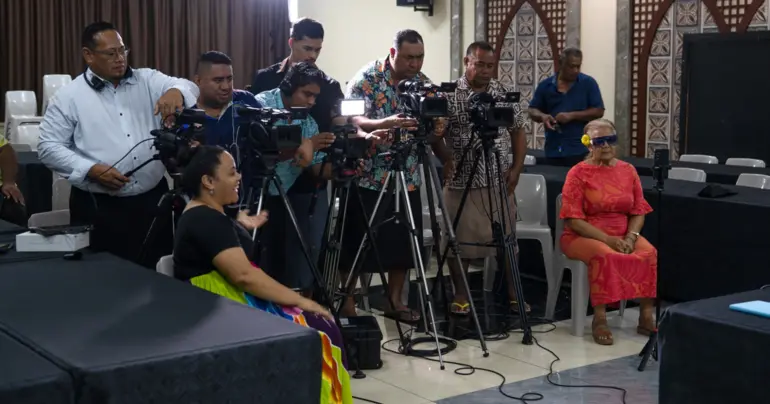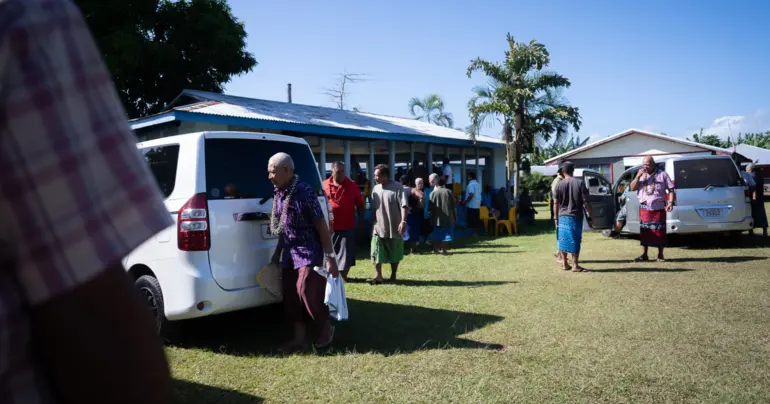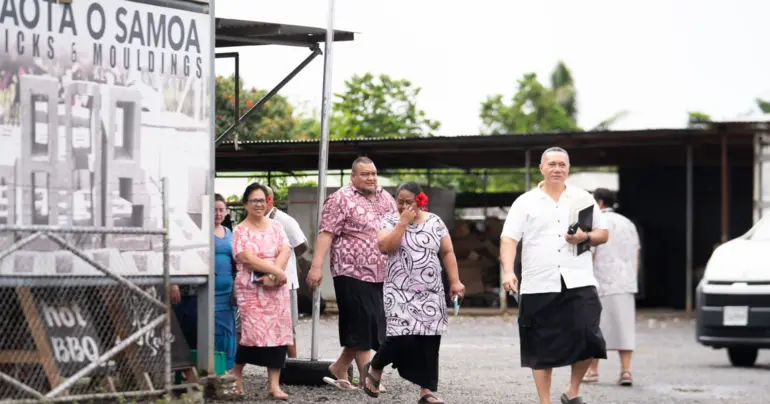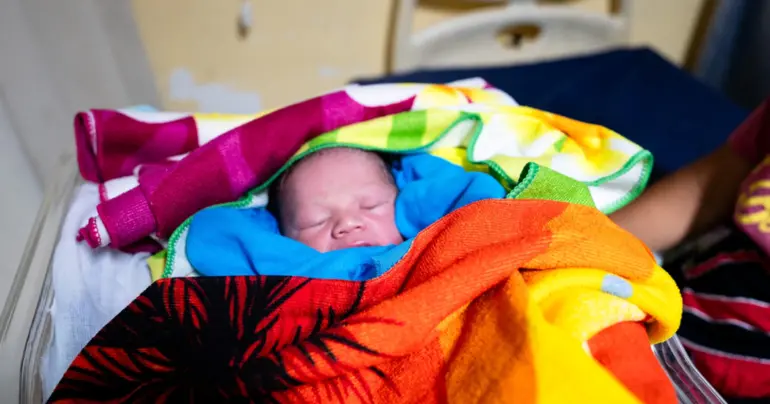Taking the battle against HIV to the next level
Yesterday Samoa joined the global community to mark World AIDS Day with Prime Minister Dr. Tuilaepa Sailele Malielegaoi and Ministry of Health CEO Leausa Toleafoa Dr.Take Naseri taking the lead.
A day earlier, Minister for Health Tuitama Dr. Leao Tuitama, led a candle vigil to remember those who died from HIV and others who are currently living with the virus. Currently there are 13 people living with HIV in Samoa and are all on treatment while another 13 having passed on, according to Tuitama.
Last Thursday, before the marking of World AIDS Day on December 1, the United Nations Children’s Fund (UNICEF) released a report titled “Children, HIV and AIDS: The World in 2030”, which contained current trends that indicate AIDS-related deaths and new infections are slowing, but the downward trajectory is not happening fast enough. The report estimates that in 12 years time, 80 adolescents around the world will die of AIDS every day, if nothing is done to stop the transmission of the virus.
While the UNICEF report data show that HIV/AIDS infections globally have somewhat plateaued, the report confirms the seriousness of the situation and the need for everyone to be vigilant and work together. The decision by the Prime Minister and the Health Minister to lead the program is highly commendable, as it augurs well for Samoa’s own national response to the epidemic.
However, feedback from Samoa Observer reporters—who interviewed members of the public at Malaefatu to get their views on HIV/AIDS for our Street Talk column (which runs tomorrow)—revealed a worrying level of ignorance or rather lack of basic information on HIV/AIDS, its causes and the impact it can have on anyone. A number of members of the public, who were approached randomly by Samoa Observer reporters for an interview and later refused to be identified, said they did not know anything about the disease in Samoa, what caused it, and the need for them to undergo testing to determine their status.
It is worrying, when a cross section of the Samoan population who were randomly interviewed yesterday, had no idea what HIV/AIDS was. If their statements are true then it means awareness and education programs spearheaded by either the Ministry of Health or the National Health Services are failing to make an impact in both the urban and rural communities.
While Samoa’s HIV statistics appears miniscule, when compared to other Pacific Island nations such as Papua New Guinea—where UNAIDS estimates that close to 50,000 people live with the virus—the issue should not be brushed aside by those in authority including the leaders.
It is time to take the battle against the deadly disease to the next level, by considering the introduction of initiatives such as sex education, in the school curriculum. Even programs, which would enable parents to discuss these issues at home with their teenage children before they enter a classroom, should be considered. Training on when it is appropriate for parents to have tough conversations like this with their children could be a start. Nonetheless all pathways should be considered.
The Samoa Fa’afafine Association (SFA) president, Alex Su’a, was spot on with this comment: “Samoa is a very small country and to have a number of 26 HIV victim with 13 who have passed on and 13 still surviving, that’s a big number and people tend to forget how serious this is. This is how we do it—we celebrate in such a way [so] people start talking about it—it’s an innovative way to make people aware and continue to be reminded of what HIV and AIDS is.”
There is no doubt there will be opposition in Samoa to what some may consider unacceptable, especially from a morality perspective. But if an international agency such as UNICEF is warning that 80 adolescents around the world will die of AIDS every day in 2030—if nothing is done to stop the transmission—then the warning should be taken seriously for the future of the next generation of Samoans.
It is time for a roundtable between all the relevant stakeholders, who have been charged with the responsibility to progress this agenda, and to work in partnership with international donor partners.
And let us not forget the cost of the disease to Samoa thus far: 13 people—who could have contributed to the development of this nation over the years—have passed on after contracting the virus. Another 13 are currently on antiretroviral medication, prolonging their lives and enabling them to live normally within the community.
But first things first—you can never have the confidence to open the door to next chapter in your life—unless you take a test to know your status by visiting the nearest health facility.
And finally, as the Prime Minister intimated, let us condemn stigma and discrimination targeting people living with HIV, and treat them with respect, care and love.
What do you think? Have a lovely Sunday Samoa, God bless.










